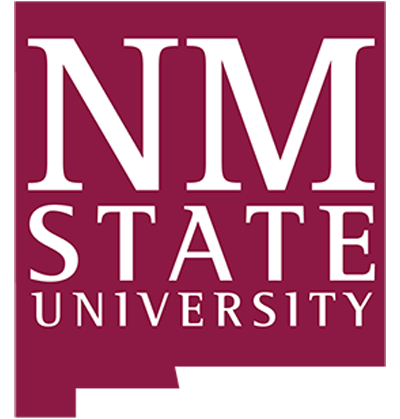1. Course number and name
CHME 102. Material Balances
2. Credits and contact hours
2 credit hours = 30 contact hours per semester
3. Instructor’s or course coordinator’s name
Dr. David A. Rockstraw, P. E.
4. Text book, title, author, and year
Elementary Principles of Chemical Processes, 4th Edition
Richard M. Felder, Ronald W. Rousseau, Lisa G. Bullard
ISBN: 978-1-119-19210-7 December 2018
a. other supplemental materials
none
5. Specific course information
a. catalog description: Chemical Engineering basic problem-solving skills; unit conversions; elementary stoichiometry; material balances; sources of data.
b. Prerequisite(s)/Corequisite(s): CHEM 1215G or CHEM 1265. Prerequisite(s): MATH 1250G, CHME 101
c. required, elective, or selected elective (as per Table 5-1): required
6. Specific goals for the course
a. At the end of this course the student will be able to:
- Use unit conversions when solving problems;
- Turn a verbal or written problem statement into a diagram and a mathematical form;
- Write and solve material balances on single and multi-unit processes, for both nonreactive and reactive processes;
- Identify what phase a substance is in and then be able to use the correct equations to relate volume to mass and moles;
- Use Raoult’s and Henry’s law when solving mass balances.
b. Criterion 3 Student Outcomes specifically addressed by this course are found in a mapping of outcomes against all CHME courses in the curriculum.
7. Brief list of topics to be covered
- Material Balances for non-reacting systems
- Material Balances for Reacting systems
- Solids, Liquids, and Gases
- Multiphase Systems
Common Syllabus Addendum
The NMSU Department of Chemical Engineering maintains a syllabus addendum containing course requirements common to all courses with the CH E prefix online. This document is accessible from the URL: http://chme.nmsu.edu/academics/syllabi/chme-common-syllabus-addendum/


